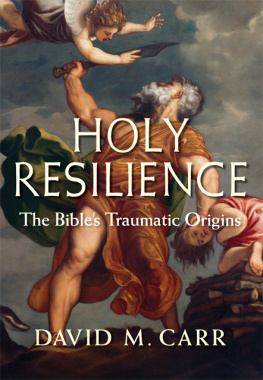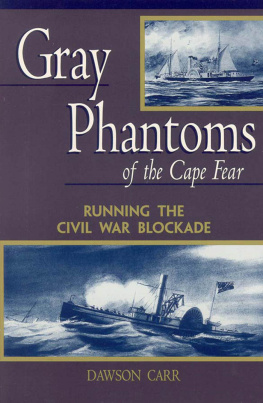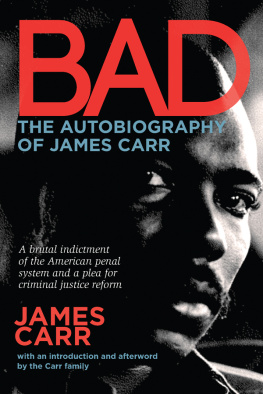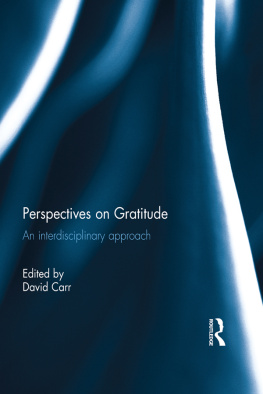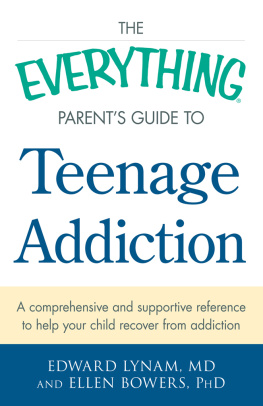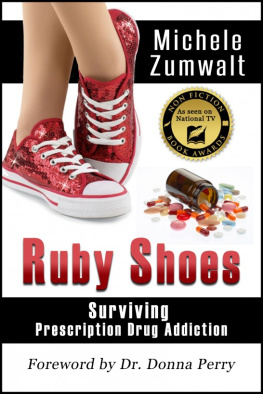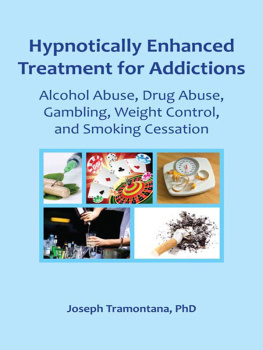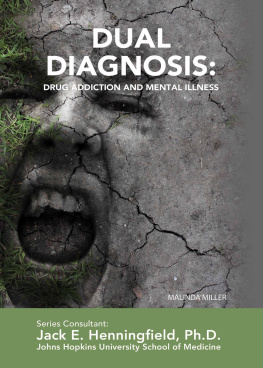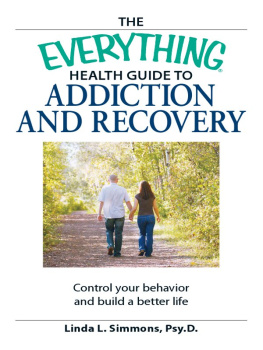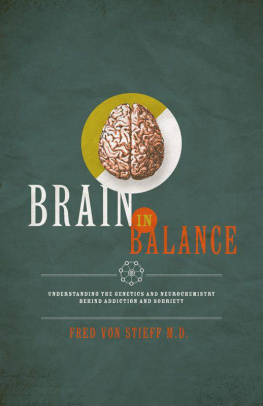Scripting Addiction
Scripting Addiction
THE POLITICS OF
THERAPEUTIC TALK AND
AMERICAN SOBRIETY
E. Summerson Carr

Copyright 2011 by Princeton University Press
Published by Princeton University Press, 41 William Street, Princeton, New Jersey 08540
In the United Kingdom: Princeton University Press, 6 Oxford Street, Woodstock,
Oxfordshire OX20 1TW
press.princeton.edu
All Rights Reserved
Library of Congress Cataloging-in-Publication Data
Carr, E. Summerson, 1969
Scripting addiction : the politics of therapeutic talk and American sobriety /
E. Summerson Carr.
p. cm.
Includes bibliographical references and indexes.
ISBN 978-0-691-14449-8 (hardcover : alk. paper) ISBN 978-0-691-14450-4
(pbk. : alk. paper) 1. Medical anthropology. 2. Drug abuseTreatment. 3. CultureSemiotic models. 4. Culture and communication. 5. Language and culture. I. Title.
GN296.C37 2011
362.29dc22
2010016928
British Library Cataloging-in-Publication Data is available
This book has been composed in Sabon
Printed on acid-free paper.
Printed in the United States of America
10 9 8 7 6 5 4 3 2 1
For fostering my love of language and
learning, I dedicate this book to:
my mother, Lynda Elliott Conway,
my father, Franklyn J. Carr III,
and my stepfather, F. Merlin Bumpus
Contents
INTRODUCTION
Considering the Politics of Therapeutic Language
CHAPTER ONE
Identifying Icons and the Policies of Personhood
CHAPTER TWO
Taking Them In and Talking It Out
CHAPTER THREE
Clinographies of Addiction
CHAPTER FOUR
Addicted Indexes and Metalinguistic Fixes
CHAPTER FIVE
Therapeutic Scenes on an Administrative Stage
CHAPTER SIX
Flipping the Script
Illustrations
FIGURES
TABLES
Acknowledgments
DURING THE THREE-AND-A-HALF YEARS I CONDUCTED THIS STUDY I HAD the privilege to observe and participate in the daily encounters, negotiations, and rituals that entwine two groups of people in the contemporary United States: those who, in the world of social services, are commonly known as clients or consumers, and those whose areas of training and expertise fall under the broad professional category of social work, including chemical dependency counselors, family counselors, shelter managers, case managers, domestic violence advocates, clinical supervisors, program administrators, recreation therapists, and therapeutic child care workers. My deepest gratitude is to the clients and professional practitioners affiliated with the program that I call Fresh Beginnings. They have shared with me their ideas and perspectives, which I have worked hard to honor in this book, and have been my most remarkable teachers.
Since completing the research for this book, I have had the opportunity to teach in one of the oldest and most distinguished schools of social work in the country while at the University of Chicago. At the School of Social Service Administration, my lessons in social work and social service provision have continued, thanks to an intellectually diverse and dynamic set of colleagues, and terrific students. I am especially grateful for Michael Sosins contributions to this project, including reading early drafts of chapters and, more generally, for the support he has given me. This book has also benefited enormously from my engagements with colleagues in the Department of Anthropology. I owe special thanks to Michael Silverstein and Susan Gal, whose work I admired long before I arrived here, and who have warmly engaged me and thoughtfully responded to my work ever since.
On the wider campus I have been lucky to help coordinate the US Locations workshop alongside Jessica Cattelino and Joseph Masco, and the Medicine, Body, Practice workshop with Judith Farquhar, Ray Fogelson and Jean Comaroff. I have learned much from them, and from the student participants in these workshops. This project continued to evolve during my interactions with members of the Michicagoan faculty seminar, as well as with colleagues working on the anthropology of addiction, as convened by Eugene Raihkel and Will Garriott.
The book itself has benefited enormously from members of my writing groupHussein Agrama, Amahl Bishara, Hilary Parsons Dick, Paja Faudree, and Robin Shoapsall of whom have also done much to sustain me as a junior faculty member. Offering specific and helpful comments on various elements of the project at its different stages were Julie Chu, Jennifer Cole, Robert Fairbanks, William Garriott, Colleen Grogan, Judith Irvine, Barbara Johnstone, Tanya Luhrmann, Bruce Mannheim, Joseph Masco, Susan Philips, Douglas Rogers, William Sites, Noa Vaisman, Jim Wilce, and Sarah Womack. Shunsuke Nozawa helped prepare the books index. Greg Matoesian also deserves special thanks. I feel very lucky to have gotten to know Paul Brodwin, who has been a most generous interlocutor over the last couple of years, and has helped me to think through important aspects of this project.
This project first emerged from my work in the unique Joint Doctoral Program in Anthropology and Social Work at the University of Michigan. There I was fortunate to work with Beth Glover Reed, who, as an expert in the field, first interested me in the study of womens addiction treatment. Janet Hart was also an early supporter of my research, as was my first doctoral adviser, the late Sharon Stephens. Webb Keane played an especially important role in the development of this work, and I owe him special thanks. I am also grateful to David Tucker, Lorraine Gutierrez, Mayer Zald, Janet Finn, Charles Garvin, Mieko Yoshihama, Anne Herrmann, Edith Lewis, Skip Rappaport, and Elizabeth Wingrove. Had it not been for my stimulating undergraduate work with William Deal at Case Western Reserve University and with Jennifer Robertson at the University of Michigan, who later served as a dissertation committee member, I likely would have not pursued graduate studies in Anthropology. The research represented in this book was made possible by generous funding from University of Michigans Rackham Graduate School, as well as the Department of Anthropology, the School of Social Work, the Mary Malcomson Raphael Fellowship fund, and the Womens Studies Program. The Gender and Mental Health Pre-Doctoral Training Program, funded by the National Institute of Mental Health, administered by the Institute of Women and Gender at the University of Michigan, and led by Susan Nolen-Hoeksema, also provided especially critical support.
Young academics are especially bolstered by moral support, and so, in addition to my appreciation of those named above, I am thankful for the stimulating companionship of other friends and colleagues, including Alice Ritscherle, Ashley, Ben, and Zander Pryor, Diane Miller, Giorgio Bertellini, Jessica Cattelino, Noah Zatz, Rob Fairbanks, Sarah Gehlert, Susan Philips, Stanley McCracken, and Stanislav Voskov. My lovely mother, Lynda Elliott Conway, has been a great support throughout this project, and I am proud to add another book to her ever-expanding library.
I suspect it is very rare to work with a doctoral student who is as smart, patient, and willing to help as Yvonne (Eevie) Smith. She read every word in this book more than once, did critical background research, and offered helpful editorial suggestions. Yvonne is very much in the lines below, and I am eager to read the lines she herself will soon write and publish.
Finally, it is with immeasurable gratitude that I thank my husband, Daniel B. Listoe. A scholar of literature, Daniel has given me many new and beautiful ways to look at the lessons of language that were first offered by the women at Fresh Beginnings. I will never forget the patience he has exercised and the support he has givenwhether in the form of editorial comments on a key segment of text or in the way of necessary and wonderful distraction. It helps to be so very happy when one is writing a book.
Next page


